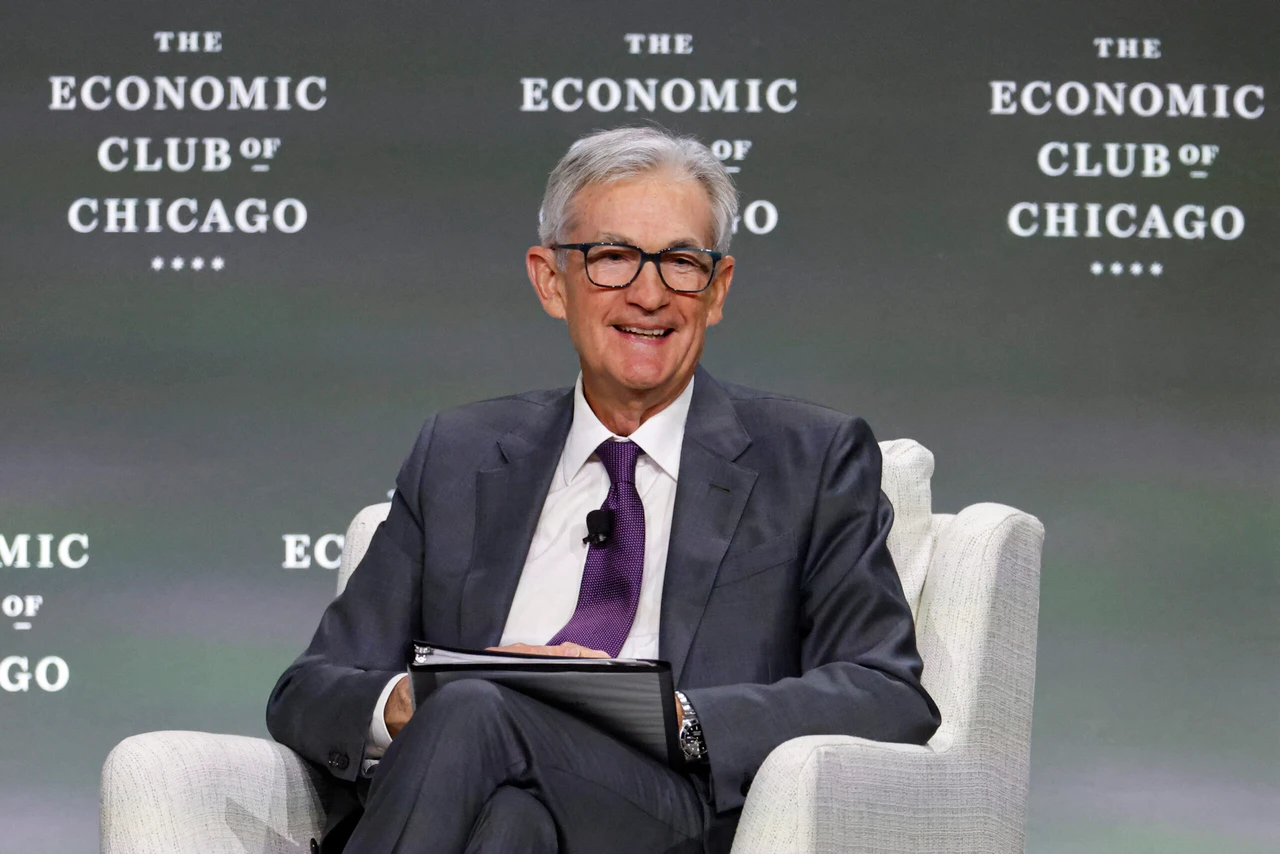Biden prepares response to deadly drone strike in Jordan
President Joe Biden decides on a response to a drone strike on American forces in Jordan, holding Iran accountable for supplying the weapons used in the attack
President Joe Biden announced on Tuesday that he has reached a decision regarding the US response to a deadly drone strike on American forces in Jordan. The President, currently on the campaign trail in Florida, held Iran accountable for supplying the weapons used in the attack that claimed the lives of three US troops.
In response to mounting pressure, especially in the midst of an election year, Biden emphasized that his aim is not to escalate tensions with a broader conflict in the Middle East. During a press conference at the White House, he confirmed having decided on a response but refrained from providing specific details.
“I don’t think we need a wider war in the Middle East. That’s not what I’m looking for,” Biden stated when questioned about concerns that confronting Iran might lead to a more extensive conflict.
While some Republicans urge direct strikes on Iran in retaliation for the drone strike near the Jordanian-Syrian border, the Biden administration is cautious about the potential consequences. Reports suggest that the administration is considering strikes on Iranian-backed militias and possibly on Iranian Revolutionary Guard facilities in other countries, rather than hitting Iranian territory directly.
The White House has promised a “very consequential” response, with tensions escalating in the region following the recent attack in Jordan. The situation is already volatile after the October 7 Hamas attack on Israel and Israel’s subsequent response in Gaza.
When asked if Iran was to blame for the attack in Jordan, Biden stated, “I do hold them responsible, in the sense that they’re supplying the weapons to the people who did it.” However, he left open the possibility of further discussion on a direct link to Iran.
Officials speaking to the media revealed that the Biden administration has not yet finalized its objectives but is gearing up for a potential prolonged response that could span “weeks.”
As tensions rise, international voices, including the Kremlin, a close ally of Tehran, have called for de-escalation in the Middle East. Kremlin spokesman Dmitry Peskov urged steps to reduce tension, emphasizing the need for de-escalation to prevent the further spread of the conflict.
Tehran has denied any involvement in the Jordan attack, rejecting US accusations of supporting militant groups behind the strike near the borders with Iraq and Syria. China, with close ties to Russia and Iran, also warned against a “cycle of retaliation” in the Middle East, aligning with efforts to de-escalate tensions in the region.
Source: AFP



